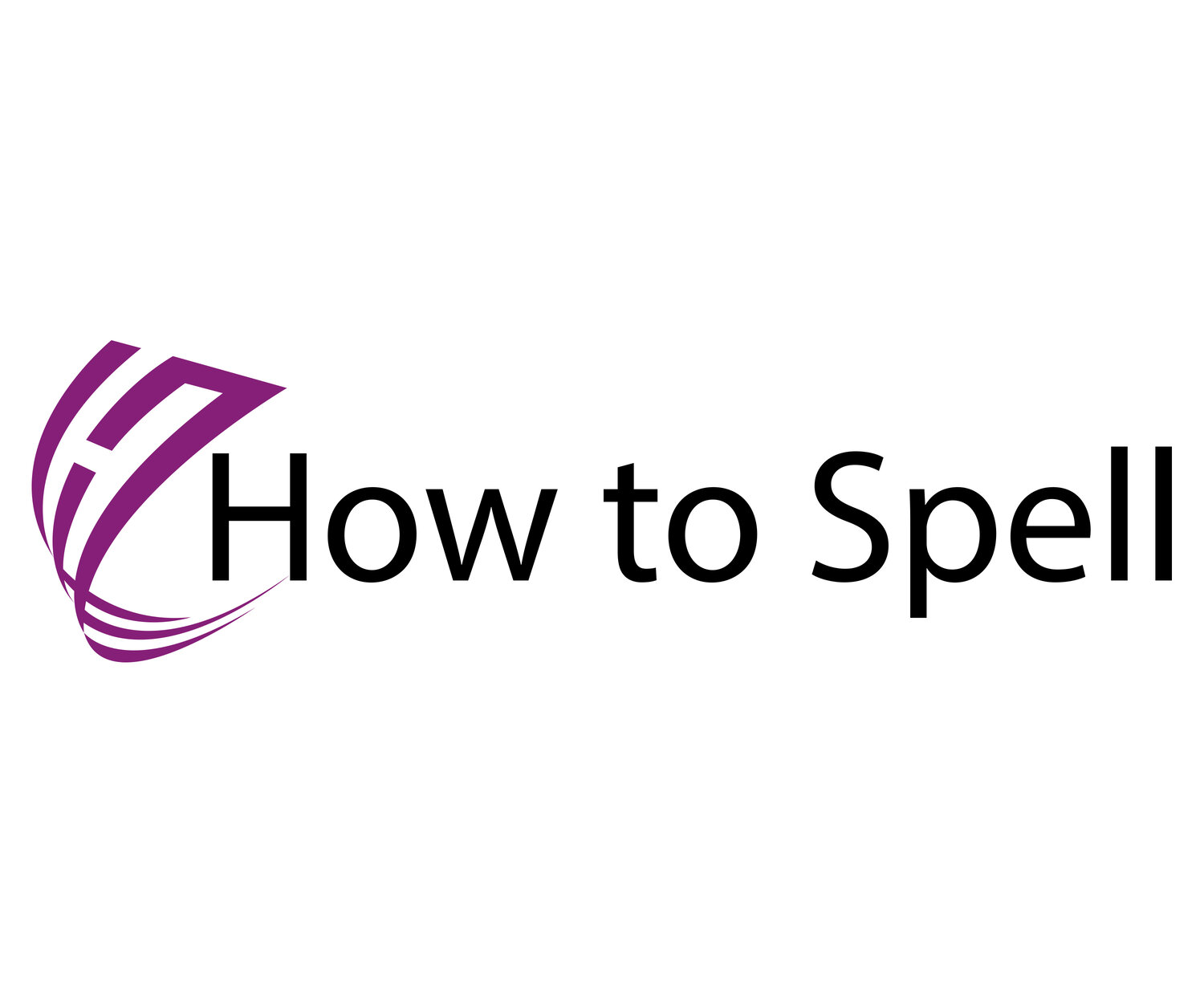Adding all, till, fill, full
In this lesson we're looking at what happens when we join all, till, fill, full to words.
In my other lesson and video about full and -ful, we learned that when we add full to the end of a word, we drop one 'L'. (Only Use Full When Full - click here to go to the lesson): use + full = useful, helpful, beautiful, hopeful, painful, grateful
fulful vs. fulfill
We also drop the 'L' when we add full to the beginning of a word as in full + fill = fulfil (we also drop the 'l' in fill) fulfilment but fulfilled, fulfilling (double L rule applies when adding vowel suffixes)
But American English keeps the 'l' in fill = fulfill, fulfillment, fulfilled, fulfilling)
(Brit) fulfil something to do or achieve what was hoped for or expected: to fulfil your dream/ambition/potential. Fulfil your dreams with a new career.(Oxford Learner Dictionary). Being deaf hasn’t stopped Karen fulfilling her ambition to be a hairdresser.
(Am) fulfill something to do or achieve what was hoped for or expected: to fulfill your dream/ambition/potential. Fulfill your dreams with a new career. (Oxford Learner Dictionary)
until
Dropping one 'L' also occurs when we add all and till to words. Un + till = until
We can use till on its own.
Until and till mean the same thing but till is more informal. Don’t use ‘til or ‘til.
Many assume that till is an abbreviated form of until. Actually, it is a distinctive word that existed in English at least a century before until. (Merriam-Webster Dictionary )
all
When we add all to the beginning of words we drop the 'L"
all + so = also
all + most = almost
although
always
almighty
already
alright vs. all right
alright ( all right as two words is used in formal/business English)
Although the spelling alright is more than a century and a half old, some critics have insisted alright is all wrong. Nevertheless, it has its defenders and its users, who perhaps have been influenced by analogy with altogether and already. (Merriam-Webster Dictionary )
altogether vs. all together
altogether and all together do not mean the same thing. Look at these definitions from Oxford Learner Dictionary:
Altogether means ‘in total’ or ‘completely’:
We have invited fifty people altogether. (We have invited fifty people in total.)
I am not altogether convinced by this argument. (I’m not completely convinced.)
All together means ‘all in one place’ or ‘all at once’:
Can you put your books all together in this box?
Let’s sing ‘Happy Birthday’. All together now! (Let’s sing ‘Happy Birthday.’ All at once!)
Careful: install: installing, installed but instalment (British — drop the l with -ment) and installment (American — keep the l with -ment).
(Check out the double L rule lesson.)
Spelling test. There are 6 sentences. As usual I'll read the sentence at regular speed then slow down.
Don't worry about mistakes, just try writing the spelling.
When you've finished, check your spelling letter by letter. Mistakes are good if you learn from them. The answers are below.
Answers
1. I'm always grateful when it's a beautiful day.
2. I stopped going to the gym altogether.
3. Although I don't have much money I always try and be happy.
4. My manager is always in an awful mood until all his tills are full.
5. I felt ill yesterday but I'm alright now.
6. I won't be fulfilled until I can spell well and write almost perfectly.
How did you do?
Remember you can keep coming back to this lesson - practice makes progress makes perfect.
Click here to go to the 1:1:1 Doubling up rule lesson (shopping, swimming, hopping, zapped, quizzed).


